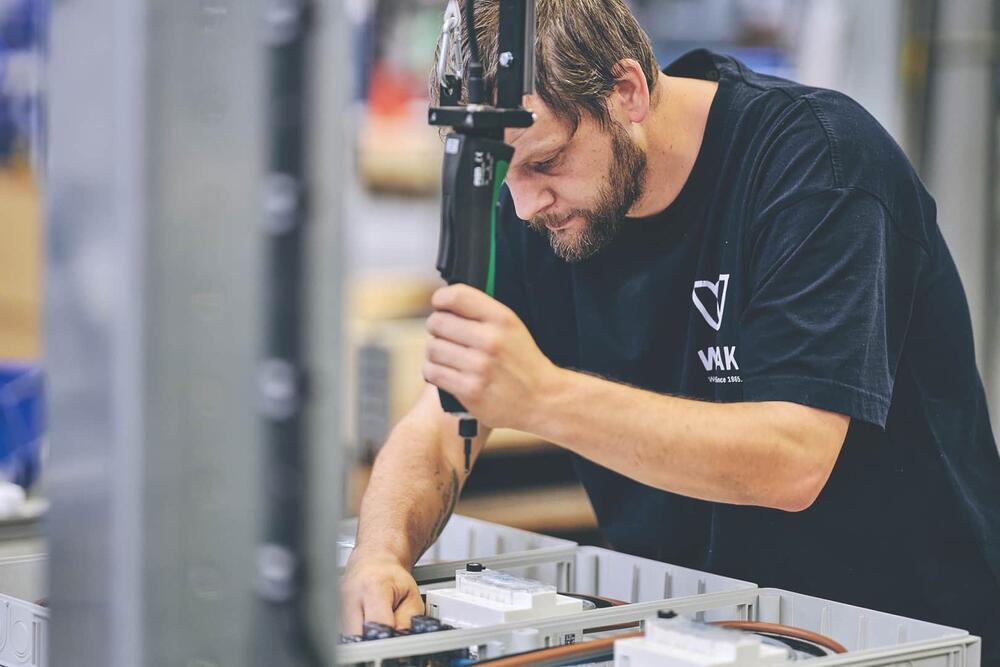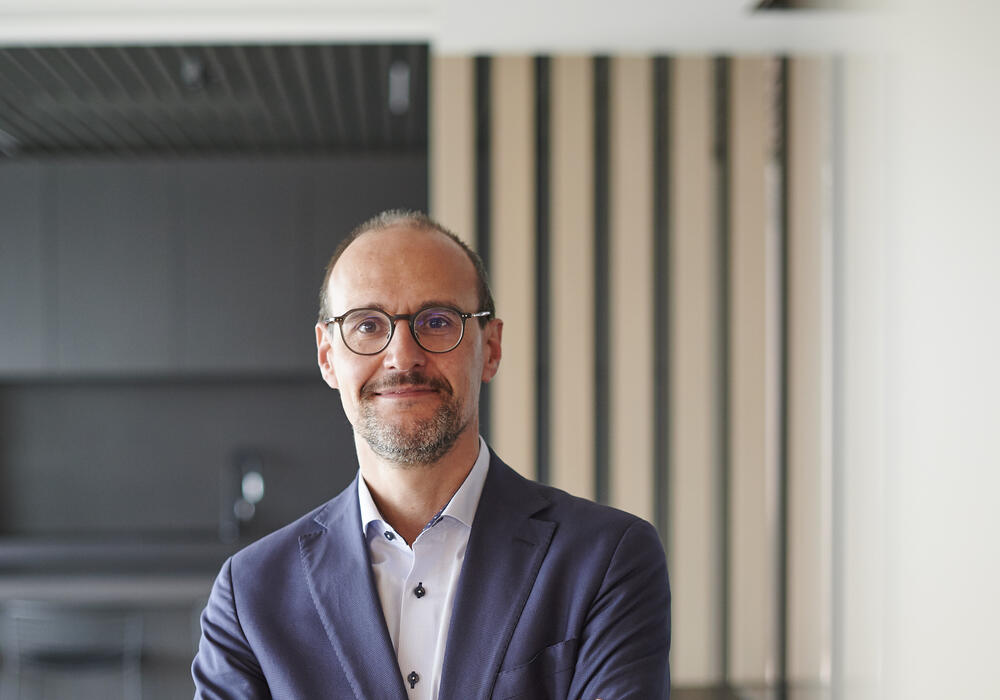What is a social enterprise?
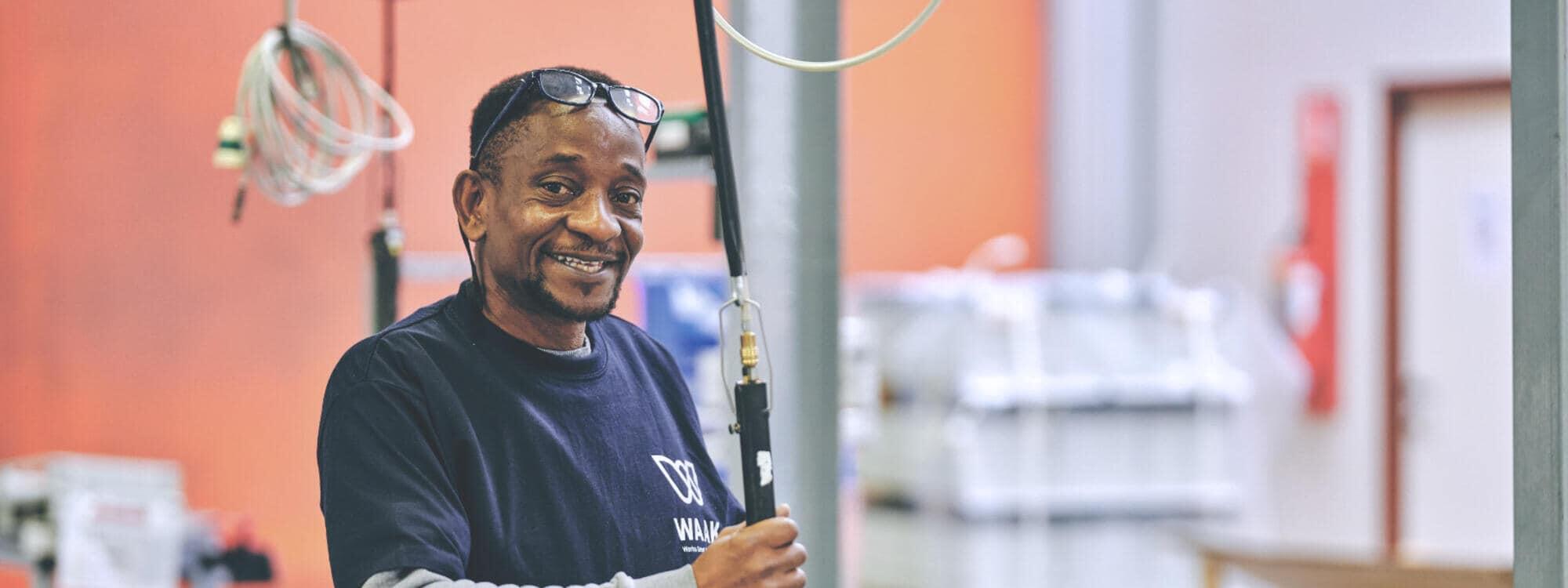
Social enterprises (the use of the term 'sheltered workshop' is since 2019 no longer supported in Flanders) employ people who have difficulties accessing the labour market due to a (physical, mental or combination of several factors) disability that makes it hard or impossible for them to find work there. Contrary to regular companies, the primary goal of a social enterprise is not to make a profit but to create sustainable and adapted employment. Regular companies look for suitable staff for specific vacancies whereas a social enterprise creates suitable work for its workforce.
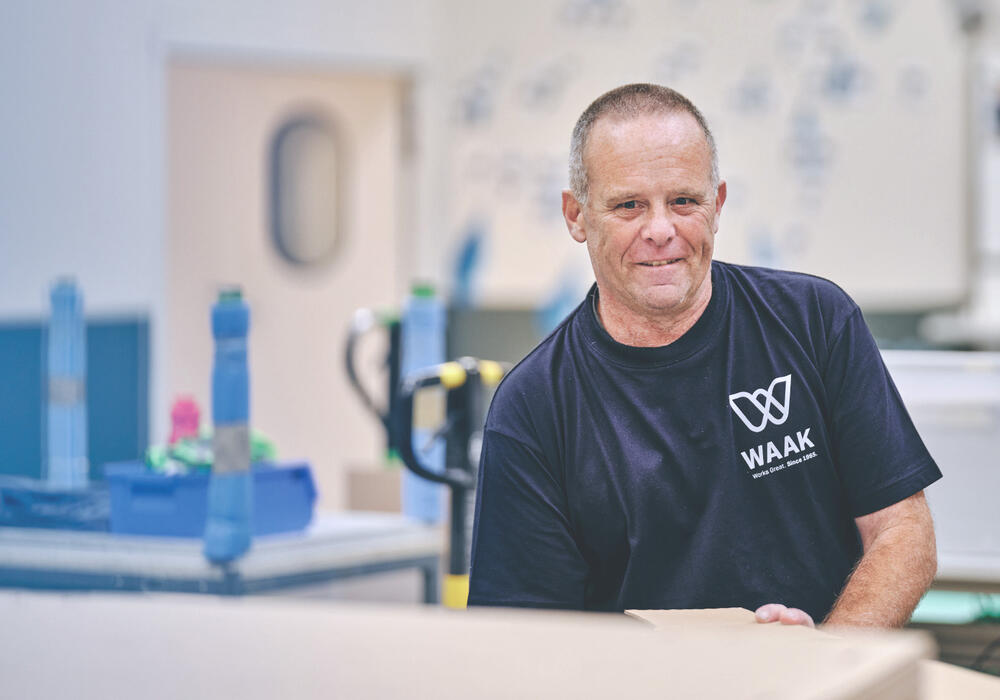
Different goals, economically similar
This is the main difference between social enterprises and regular companies but from an economic standpoint they are very much alike. For instance, the continued existence of a social enterprise also depends on profit. It is a misconception that social enterprises are dependent on government subsidies. This is not the case - at least, not directly.
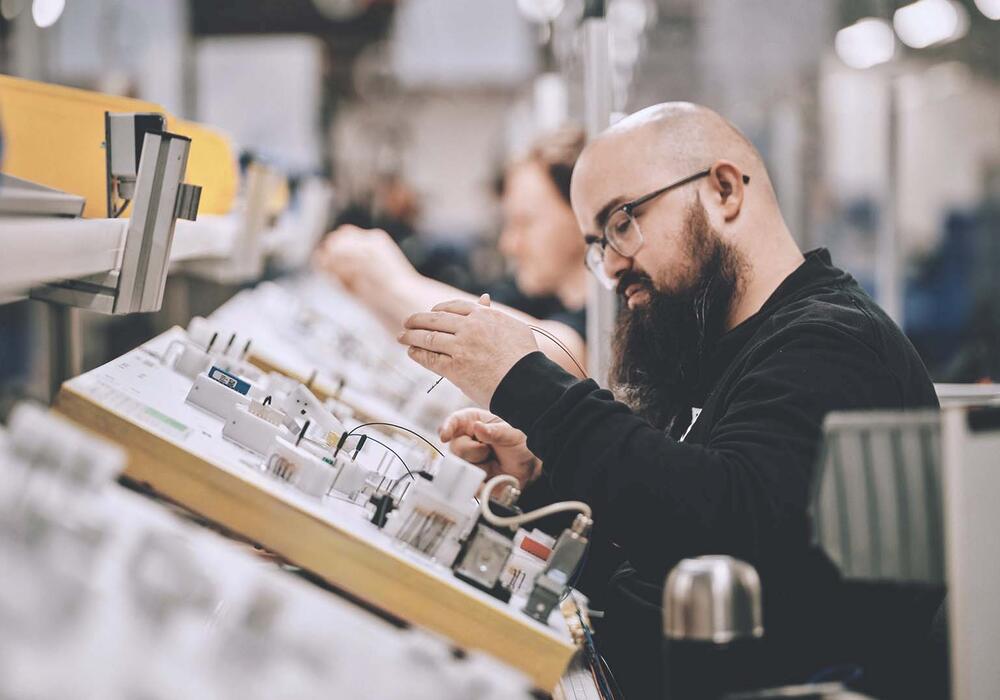
Social enterprises in Flanders
There are 122 social enterprises in Flanders. They collectively employ over 25,000 people who have difficulties accessing the labour market. When compared to the total working population of Flanders—5.1 million people—this means that approximately 0.5% of the working population is employed in a social enterprise. As such, social enterprises have a significant societal and economic impact on a large segment of the population. As a social enterprise, WAAK employs more than 2,100 people (350 staff, 1750 supported employees) in the Kortrijk – Kuurne – Harelbeke region. This makes WAAK the largest social enterprise in Flanders.
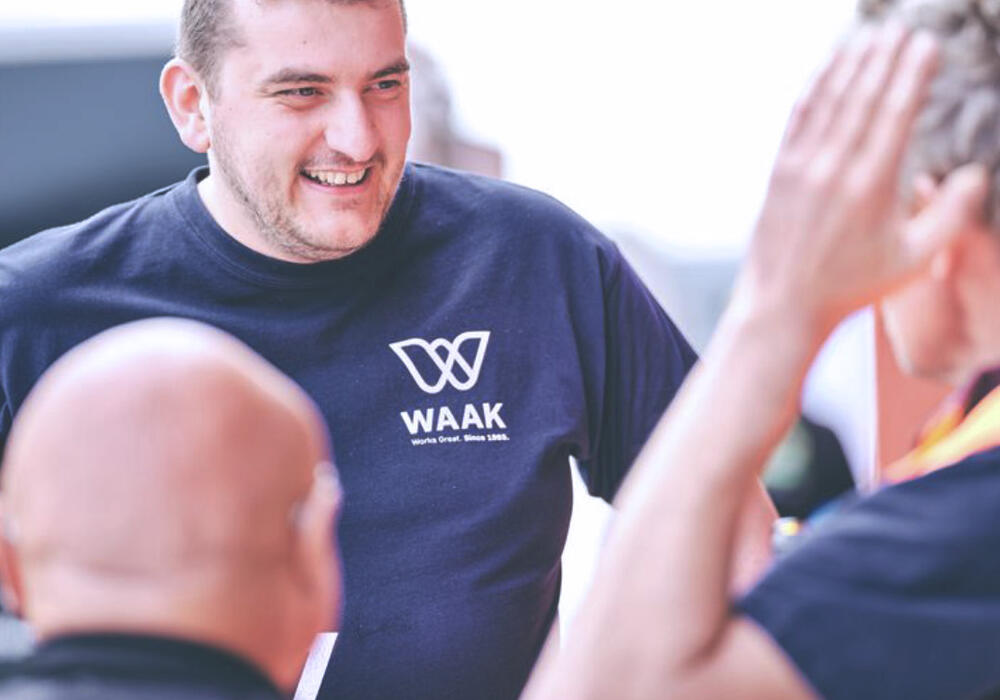
Social enterprises and subsidies
The Flemish public employment service (VDAB) determines the degree of a person’s disability. To make it more attractive for employers to hire these people, their reduced productivity is compensated by a subsidy, to which employers are entitled when they hire them. Social workplaces are also eligible for these subsidies when they hire employees with a disability. This means that we only receive subsidies indirectly, through our workers.
What is the purpose of social enterprises?
At WAAK, this financial compensation is used to adapt the work to the workforce. The emphasis is placed on technology and digitalisation in order to make the work easier and more manageable for our workers with a working disability. A good case in point is the Digital Assistance Table (DAT), that WAAK developed. This is an advanced and intelligent camera control system. On one hand, the DAT can project work instructions for the operator, and on the other hand, it monitors the operator’s work. If an error is detected, the system signals it and ‘locks’ the workflow. The system then indicates where the error occurred, and the operator cannot continue until the issue is resolved.
Such smart technologies make work easier because operators no longer need to check their own work or search for where errors might have occurred—the DAT does this for them. As such, the system ensures a higher quality result. We can confidently guarantee our customers that the delivered (final) products are error-free. Using smart systems, like the DAT, not only delivers the highest possible quality for our customers, it also helps us create maximum employment for our target group. It’s a win-win situation all round!
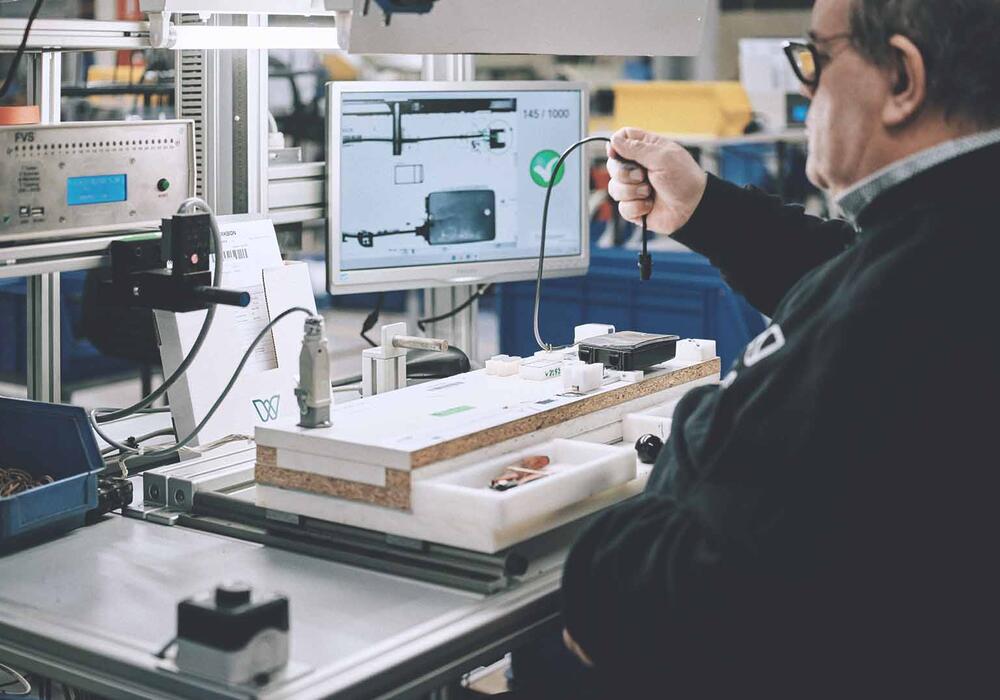
What kind of work and activities do social enterprises offer?
Most social enterprises focus on one or more activities. Some social enterprises specialise in one, often more locally oriented activity, such as green maintenance, textile processing, or woodworking. Others have a broader, more international scope and offer their customers a wide range of activities. WAAK, for instance, falls into the second category. At WAAK, you will find relatively simple manual work such as packing (food and non-food products) or assembly work, but - thanks to the extensive use of technology - also complex work such as cable assembly, metal assembly, or plastic assembly. The work is divided into subtasks that are easier to manage for the employees.
Wonderful examples are our OBU refurbishment project for Satellic and the assembly of smart meters and meter banks for Fluvius. The work that can be outsourced to a social enterprise can be very diverse in nature. Since social enterprises often have multiple activities and technologies under the same roof, it is often advantageous for (regular) companies to outsource their entire production work. Other companies choose to outsource only part of their production work and focus on their core expertise.
